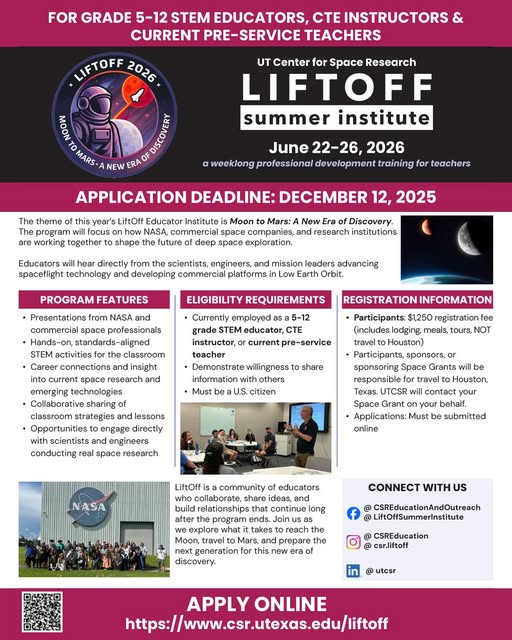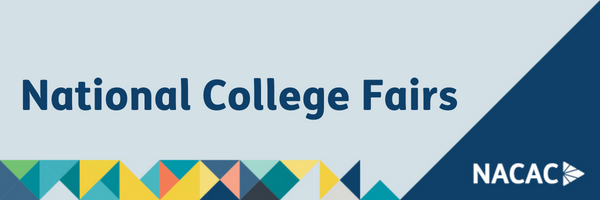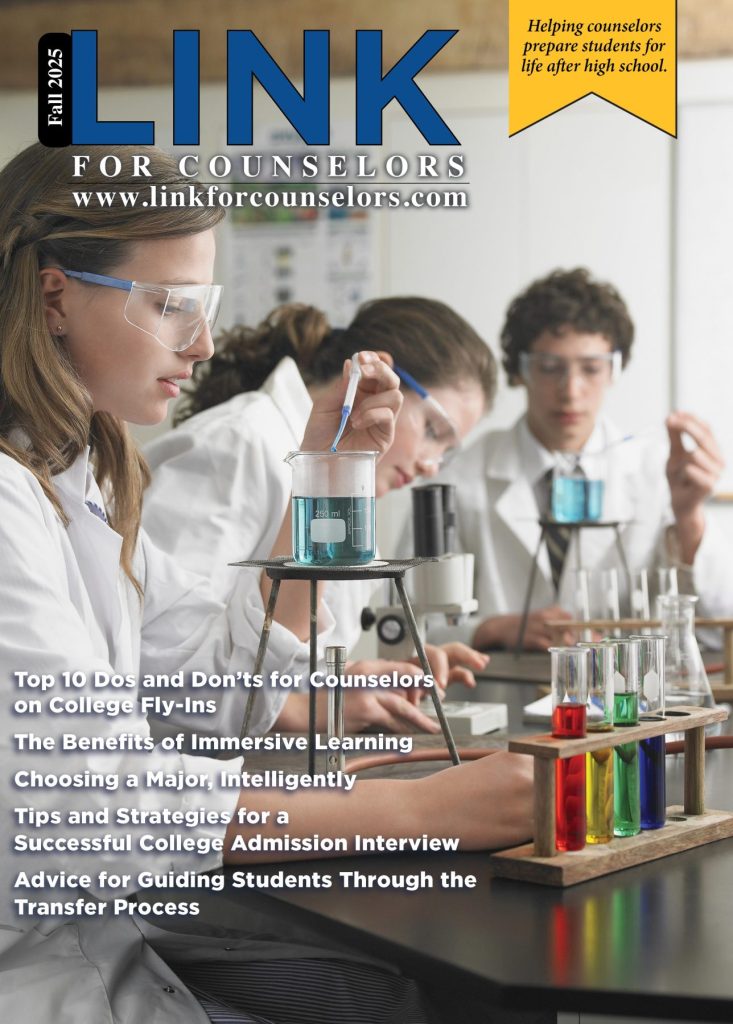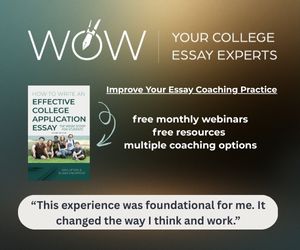How Career Planning in Security Studies Opens Doors Across Industries
Security studies are a robust and diverse education pathway that, let’s face it, very few 18-year-olds have on the mind.
As a counselor, you come across many different types of students, and yet one category that is most likely underrepresented on the list of students you interact with regularly is the child with a keen interest in foreign policy, national and international security, and international relations.
And how much poorer is the world for that? In reality, though this career path does not have instant or obvious appeal to people choosing their degree, it is a genuinely lucrative and impactful one worthy of consideration.
The next time you have a clever student on your hands who doesn’t know what direction to take their life, you could do a lot worse than directing them toward a career in security studies.
A Degree in Security Studies Can Open Many Doors
Security studies can sound, at first, to be a very limiting major. On the one hand, the corresponding degrees are pretty specific and clearly optimized for someone with an interest in public policy or even international relations. However, when deciding the value of a degree, it’s important to consider not just the specific job it correlates with, but also the skills involved.
Security studies will focus on foreign policy, political science, national security, international security, and other comparable career paths, but it will also teach problem-solving skills, organizational skills, and leadership skills.
Depending on the emphasis, it might also interact with other disciplines. For example, a focus on information security will inevitably emphasize tech skills.
There are many well-known federal organizations that are constantly hiring people with security degrees. This includes everything from the Department of Homeland Security to the NSA or the DEA.
Keep in mind also that, as an undergraduate degree, this can also be a gateway into other career paths.
In the next few headings, we’ll take a look at how an undergraduate degree in security studies can indirectly lead to other careers.
Law
Law schools are pretty inclusive when it comes to undergraduate degrees that they view as admissible. Because the law is so niche and specific, schools are by no means accepting only pre-law majors.
They want any student with an established ability to think logically, write clearly, and understand high-level concepts, such as those developed in security studies, particularly with its emphasis on policy and international relations.
International relations is a uniquely good undergraduate degree for people interested in going on to law school.
Not only does it give the student a bunch of interesting fallback careers that they can pursue if they tire of working as a lawyer, but it also equips them with many of the skills they’ll need as professional lawyers.
Entering Tech-Related Fields
To enjoy a career in technology, you’ll generally need both an undergraduate and graduate degree in a related field of study. That said, many people migrate into tech careers having obtained an undergraduate degree in something different. In these cases, you’re often able to enroll in tech programs by completing prerequisites.
Here’s why: security studies can open doors in tech-related careers. Let’s say you’re interested in a career in cybersecurity with a degree in security studies. You’ll understand risk factors at a level most people won’t. Cybercrime is often politically motivated. Preventing these types of violations is often not just a matter of understanding the architecture behind digital security systems, but also understanding how and why hackers do the things they do.
No, a degree in security studies alone is not going to qualify you for a career in cybersecurity. But it can help open doors into graduate programs that provide worthwhile careers in lucrative fields.
City Positions
Security studies can also be a very valuable component of preparing for careers in public office. Not only will it look good on an application or even in an election platform, but it will also prepare the student to fully understand the unique needs of the community that they are serving.
Changing the Way Students Think About Degrees
Of course, it doesn’t have to be security studies. There are so many different ways that students today can prepare themselves for interesting and lucrative careers. You, as a guidance counselor, are not necessarily responsible for advocating any particular degree path, but rather for changing the way the student sees their education.
To begin with, it is important to remember that a great many people will choose careers far outside what their degree was initially designed to prepare them for. This has become less an exception and more a rule of modern employment.
You can help your student prepare for the modern job market by encouraging them to think not only about the specific career they are training for, but also the skills they are learning within the program.
It’s these resume-ready abilities that will ultimately have the biggest influence on the trajectory of their life.
To simply major in security studies or a comparable educational discipline is not necessarily to commit to it for your entire life. High schoolers today should understand that their education does not narrow their options, but expands them.
Conclusion
The world of employment changes so frequently that it’s difficult to determine which way the wind will be blowing in the context of helping an eighteen-year-old map out their entire future. The world of employment has changed a lot over the last twenty years, and with the advent of artificial intelligence, none of us really know what the next several decades will have in store.
Here’s what can be said with reasonable confidence: having the ability to problem-solve, think logically, and understand complex concepts will always be valuable. Security studies is not the only degree path that emphasizes these traits, but it sure is a good one.










 If you want a quick video explainer of these changes, check out Rath Tutoring’s: (
If you want a quick video explainer of these changes, check out Rath Tutoring’s: (


